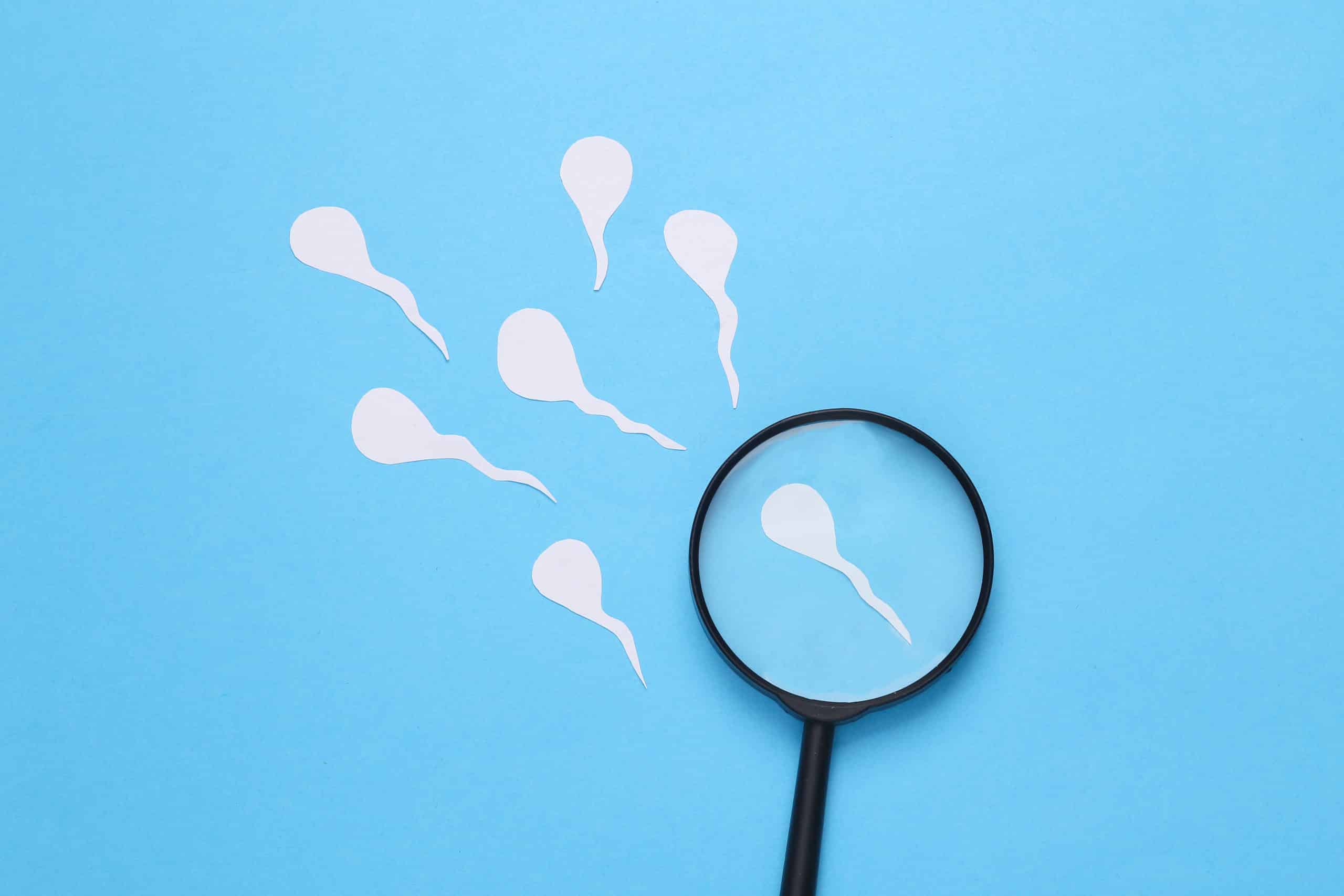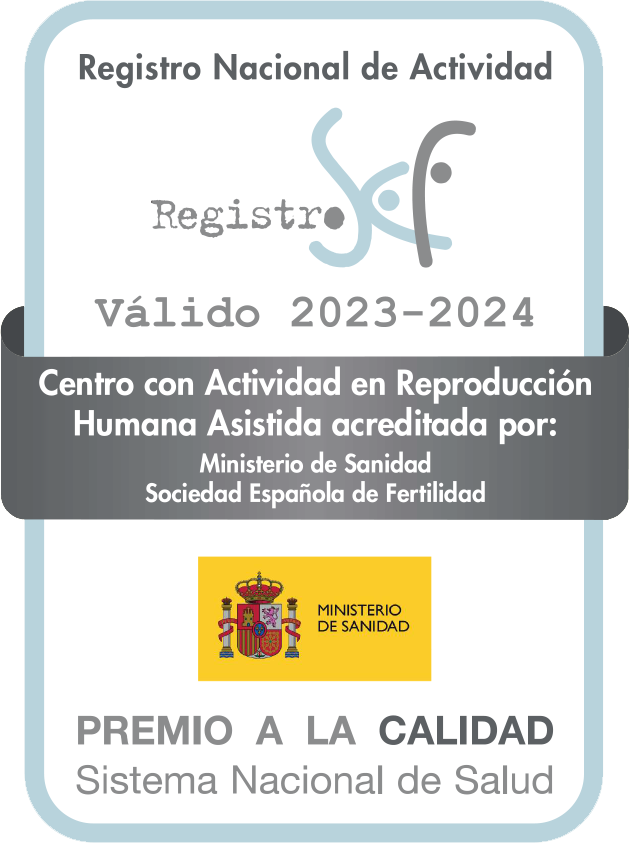If you had to postpone your maternity plans or stop a reproductive treatment due to the pandemic, it is likely that this situation has caused you some discomfort, anxiety, stress, or sadness. These are very understandable emotions since many women have experienced the break as a waste of time that has worked against them, because of their age or a low ovarian reserve, and they feel that waiting has reduced their chances of being a mother. And others, who had achieved a pregnancy, have lived in fear, feeling more vulnerable or alone.
If this is your case, and you are having a hard time, it is important that you ask for psychological support.
In fact, the demand for psychological support has increased in general since lockdown, since we are experiencing an exceptional situation, which has affected us emotionally. Sandra García Lumbreras, responsible for our Psychology Unit, explains that, in addition, having infertility problems is something that always affects at personal level, and if you add the uncertainty and the forced stop that many reproduction patients have had to accept, when everyone has told you that time is against you, it is normal for anxiety to appear.
Women of advanced maternal age or with a low ovarian reserve who were going to start an In vitro fertilization treatment with their own eggs are some of those who have experienced it worse. Also, those who were waiting for an egg donation because they fear that it may now be more difficult to find a suitable donor. But we must try to be objective and think that a wait or interruption of three or four months, even though it is an important time, will not be a determining factor in the success or failure of the assisted reproduction treatment.
In any case, the situation we are experiencing is complex, and therefore we must know how to handle it in a way that affects our personal balance as little as possible. «There are those who react with feelings of sadness, and become depressed,» explains Sandra García. «Other people rebel against the feeling of helplessness and are irascible or adopt an attitude of being «angry with the world, looking for someone to blame when actually there is no specific culprit», she adds.
So, what is the solution to all this uncertainty and concern? First, you have to start by accepting the new reality, instead of going against it or living it with added anger or suffering. Our life and plans, at least in the short term, must readjust and adapt, but the current scenario, in any case, is better and much safer now than at the beginning of the year, when we didn’t know how the situation was going to evolve, the circulating viral load was very high and health personnel did not know if they could cope with the pandemic.
On the other hand, health professionals are currently much more prepared and equipped, both professionally and technically, and hospitals are centres that strictly comply with the regulations and protocols for risk prevention and protection recommended by the health authorities. In fact, the Hospital Universitario Dexeus has been awarded with the Applus Certification COVID-19 Safe Hospital.
Likewise, it has been shown that pregnant women are not among the population groups considered to be at greater risk for COVID-19, and that the transmission of the disease to the baby, in case the mother is infected, is low and in most cases in which it has occurred, babies are asymptomatic or have very mild symptoms.
In our centre, before performing an embryo transfer or any other intervention that requires an operating theatre, such as a follicular puncture, a PCR test is performed (which allows us to know if a person is infected by COVID-19 with a reliability rate of 90%) to the patient and her partner to determine if she has been infected, in order to take the appropriate measures in each case, since the patients who test positive follow a different circuit, which entails specific protocols for protection and health care of the mother and the new-born.
On the other hand, psychological support is a service that in some countries is considered necessary for all patients who start assisted reproduction treatment, since, as we mentioned before, many have or have had negative experiences: having difficulties conceiving, previous unsuccessful treatments, feelings of guilt and frustration or relationship problems and / or family misunderstanding. So, do not feel bad about asking for help. In our centre we offer all patients, if they wish, psychological support. During these visits, we work on the needs of each patient: the different emotions, as well as the way of living the experiences they have had during the process and also the relationship with the partner and/or with the family.
In fact, and in the pandemic context, psychological support to pregnant women and patients undergoing reproductive treatment has experienced a strong rebound, so our Psychology Unit has continued to attend visits by videoconference, giving priority to the most urgent. Since June, we have resumed face-to-face visits to facilitate more direct contact and we maintain virtual ones, so you can choose the format in which you feel most comfortable.
If you want to request information about this service, you can consult your gynaecologist or directly ask our Patient Care Service.
We hope this post has been useful to you, and if you have any questions, leave us a comment!





